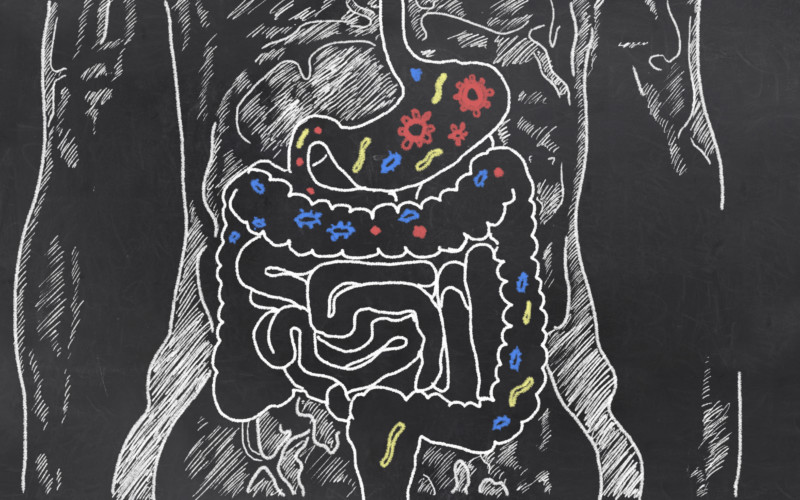How safe are proton pump inhibitors?
As a physician, I frequently talk with my patients about PPIs and whether they are an appropriate treatment to address their symptoms. Unfortunately, the available data about these medications is lacking.

For more than a decade, over-the-counter medications have been used to treat the piercing chest pain that’s felt when acid backs up from a patient’s stomach into the throat. We all know these medications serve a purpose and that they go by brand names such as Nexium, Prilosec and Prevacid.
Diseases such as gastroesophageal reflux disease (GERD), are not just unpleasant — they can play a role in the development of cancer of the esophagus, internal bleeding and other conditions. We know that our obesity problem is a contributing factor in gastrointestinal diseases, and it is now estimated that one in 12 Americans is on proton pump inhibitors or PPIs, medications that reduce the production of gastric acid.
Increasingly, I am asked by patients about whether PPIs are safe if taken for months and years. Patients will read something in the popular press and want to know if they should stop taking a PPI because there’s a hint that it might lead to poor mineral absorption, Clostridium difficile, kidney disease or even dementia.
My general approach with most patients is to go slow and take a laddering approach in treating symptoms. We know that patients often feel better by making changes in their lifestyle and diet. Like many physicians, I suggest that patients eat less and find time for more exercise, reduce spicy foods and limit late-night consumption.
Of course, there are patients who make these changes and find that symptoms persist. So we try an antacid like Rolaids or Tums, or an H2 blocker such as Pepcid AC or Zantac. And if there is still pain, then we might try PPIs.
When my patients ask about the safety of PPIs, I wish I had better data to draw upon, based on well-designed and targeted research. Unfortunately, we do not. Studies published on PPIs have tended to be a look back at health records to see if there are associations between PPI use and certain illnesses. Such studies are not conclusive and have done little to show what a patient can realistically expect with long-term use.
Clarifying this muddy issue is one of the goals of our inaugural GI Summit, to be held on Oct. 7 from 8 a.m. to 1:30 p.m. at the John H. Ammon Medical Education Center. I know I am not the only clinician looking forward to hearing from two experts in this area — Philip Katz, M.D., director of motility at the Weill Cornell Medicine Laboratories, and David Metz, M.D., associate chief for clinical affairs and a professor of medicine at the Hospital of the University of Pennsylvania. They will offer guidance on how to interpret the limited research that we have and the best courses of treatment given the variety of patient symptoms that we see.
Of course there will be other topics of discussion, including an “Update on Celiac Disease,” “Judging Drug Toxicity in Liver Disease” and “New Advances in Treatment of Crohn’s Disease.” Learn more at Inaugural GI Summit 2017.